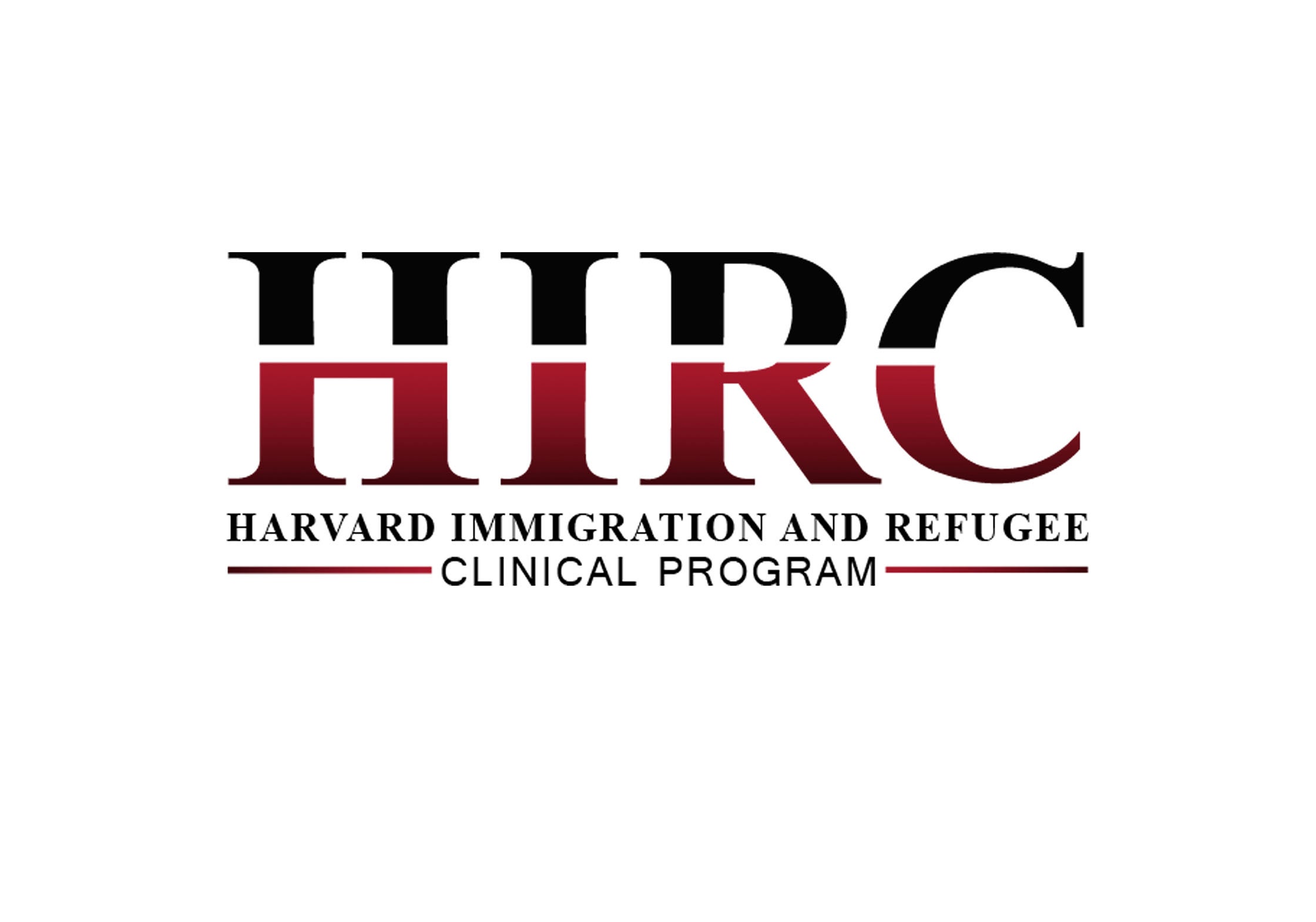In a major development in U.S. asylum law, a federal appeals court Friday recognized gender as a legal basis for granting asylum, making it possible for the petitioner in this case, and many other women fleeing violence in their home countries, to find refuge in the United States.
The case, Jacelys Miguelina de Pena-Paniagua v. William P. Barr, Attorney General, a petition for review of an order of the Board of Immigration Appeals, was heard before the U.S. Court of Appeals for the First Circuit Court. Arguments filed by the Harvard Immigration and Refugee Clinical Program (HIRC) in an amicus brief cited by the court largely formed the basis of its ruling on the viability of gender-based claims.
Friday’s decision, authored by U.S. Circuit Judge William J. Kayatta Jr. ’79, overturned the rejection of an asylum claim filed by Jacelys Miguelina de Pena-Paniagua, who escaped the Dominican Republic after suffering years of domestic violence. Although the ruling’s immediate effect is to return de Pena’s case to the Board of Immigration Appeals for further review, the principles the court cited in doing so ensure the decision will serve as an important precedent for many current and future asylum seekers.
“It is wonderful to see Judge Kayatta view this asylum claim involving the misogynistic targeting of a Dominican woman for what it truly is—persecution because of her gender,” said John Willshire Carrera, co-assistant director of the Harvard Immigration and Refugee Clinic at Greater Boston Legal Services (GBLS). “While a number of local immigration judges have granted such claims over the years, this decision by the First Circuit finally puts gender on par with other grounds for asylum.”
“In an amazingly clear and well-reasoned decision, the First Circuit rejected the Attorney General’s attempts to rewrite asylum law to close a safe harbor for women fleeing their countries to escape domestic violence,” said Nancy Kelly, co-assistant director of the Harvard Immigration and Refugee Clinic at GBLS. “In doing so, the Court recognized the simple principle that women who are harmed because they are women, just as individuals who are harmed because they belong to a particular religion or hold a particular political view, are entitled to protection under our asylum laws.”
Deborah Anker LL.M. ’84, clinical professor of law and founder of the HIRC Program, described the First Circuit’s opinion as “bringing a coherent and principled approach to the field” that is “truly groundbreaking.” She added, “the court’s recognition that gender itself can define a particular social group vindicates 30 years of our work establishing gender as a protected category in asylum law.”
In 2013, de Pena entered the U.S. and claimed asylum following years of sustained physical and sexual violence inflicted upon her by a former partner and the failure of Dominican law enforcement to protect her. After the immigration judge denied her application in 2017, de Pena appealed to the Board of Immigration Appeals, which also ruled against her. Under U.S. law, which incorporates the international Refugee Convention and Protocol, people can qualify for asylum “because of persecution or a well-founded fear of persecution on account of race, religion, nationality, membership in a particular social group, or political opinion.”
Both the immigration judge and Board of Immigration Appeals cited as the basis of their decisions a ruling by former Attorney General Jeff Sessions vacating previous agency precedent that recognized “married women…who are unable to leave their relationship” as a valid particular social group. In overturning the previous denials of de Pena’s asylum application, the federal appeals court effectively rejected the interpretation that women—including those suffering systemic abuse—do not constitute a particular social group that can form the basis of an asylum claim.
In the decision, the court criticized the former attorney general for relying on “arbitrary and unexamined fiat.” Clinical program attorneys authored the amicus brief together with Martine Cicconi and Steve Schulman of Akin Gump Strauss Hauer & Feld. de Pena was represented by Jonathan Ng and Robert F. Ley of the Law offices of Johanna Herrero.
Other amicus briefs were filed by the Center for Gender and Refugee Studies; the University of Pittsburgh School of Law Immigration Law Clinic on behalf of Catholic Legal Immigration Network, Inc., Hebrew Immigrant Aid Society, Leadership Conference of Women Religious, National Council of Jewish Women, and the Unitarian Universalist Service Committee; Immigration Law Professors; and Twenty-Nine Former Immigration Judges and Members of the Board of Immigration Appeals.
A leader in the field of refugee and asylum law for over 30 years, HIRC was central to the drafting of the historic U.S. Gender Asylum Guidelines, which changed the course of U.S. asylum law in the recognition of violence against women as a basis for protection, and has played a key role in promoting appropriate and fair treatment of women in interpretation of U.S. asylum law. HIRC has represented thousands of women applying for asylum protection and has established groundbreaking precedent in various federal courts of appeals.
Through direct representation of women refugees, HIRC and other advocates have laid the foundation for this recognition of gender asylum from the ground up.
